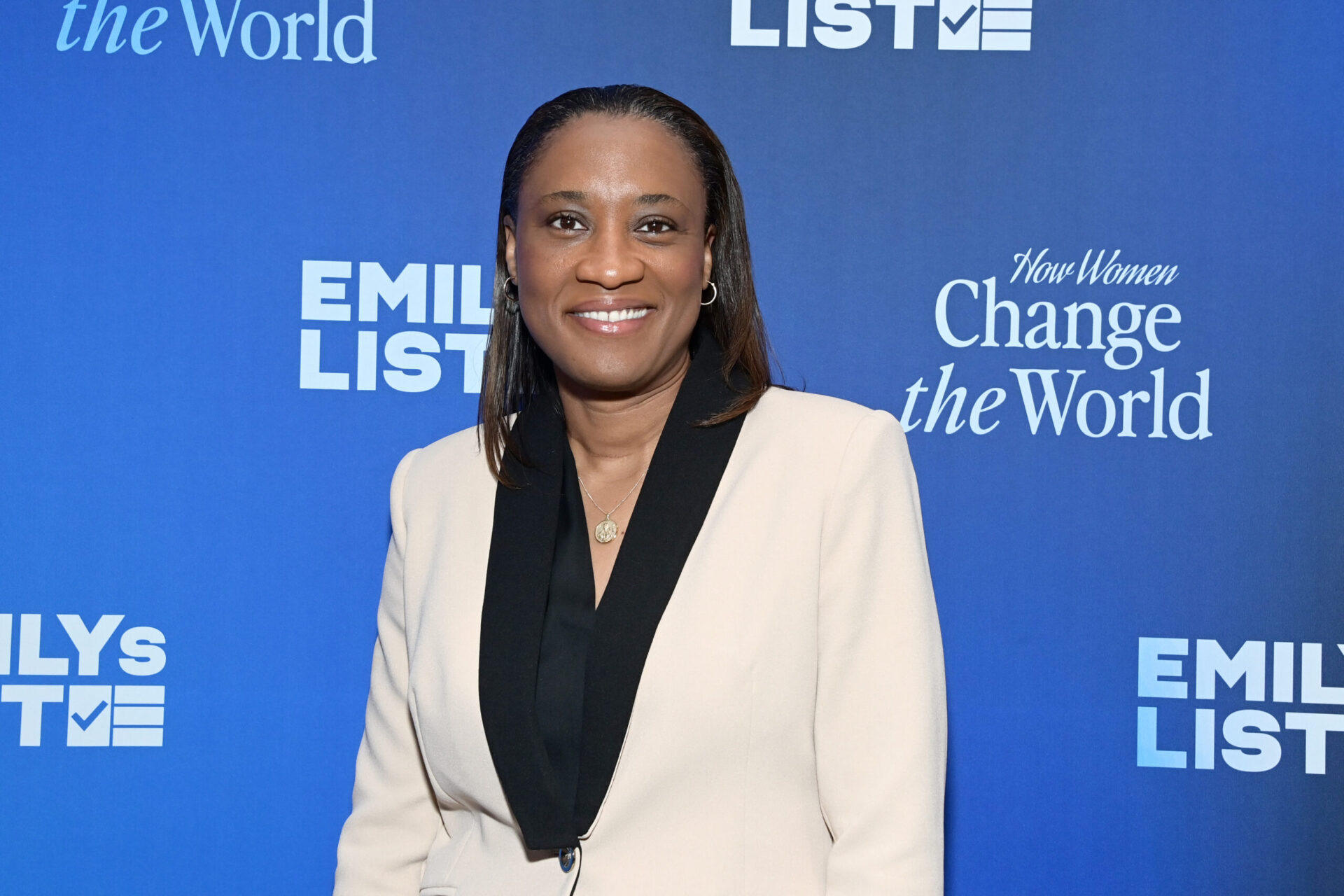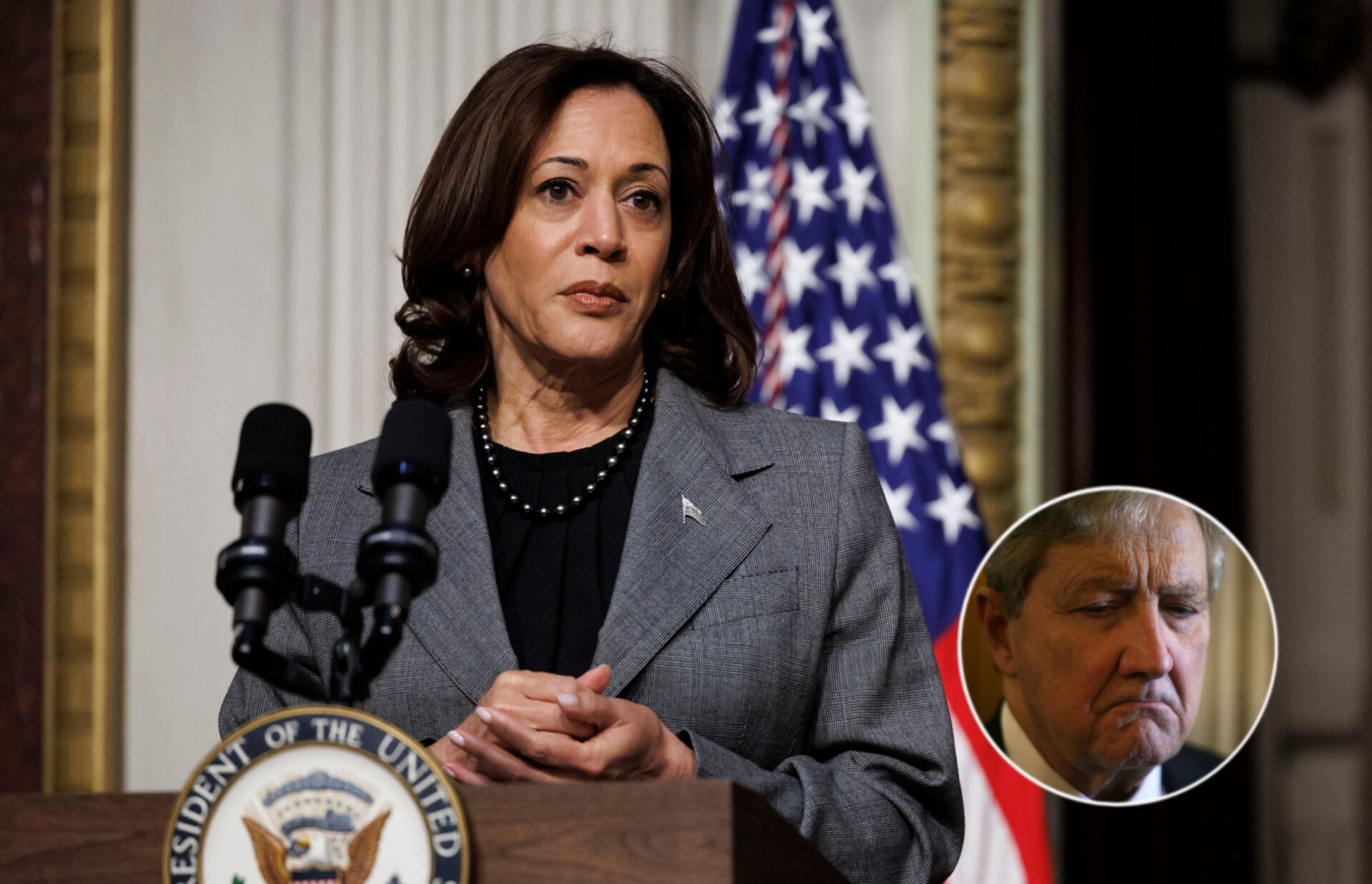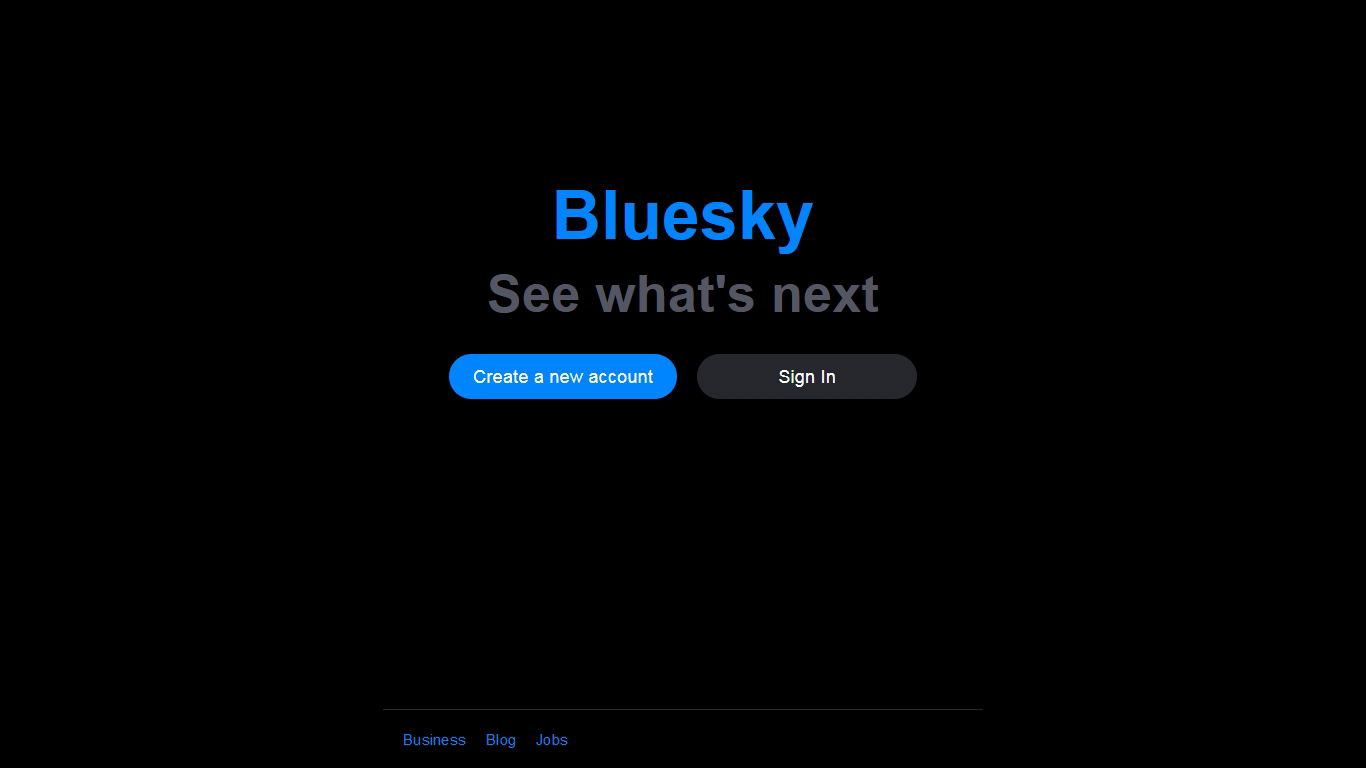
January 24, 2025
We Need A Second First Step To Address Prison Abuse
The First Step Act dismantled draconian practices that most Americans knew nothing about.
Written by Dr. Topeka K Sam
It’s been just a few days since Donald Trump stepped into the Oval Office, bringing a vision for what he calls a ‘Golden Age’ for America. With this new chapter in leadership comes an opportunity for meaningful change across our government. As someone deeply committed to justice and equity, I remain hopeful that this administration will recognize the power of transformation within the Department of Justice and work toward creating a system that is fair, restorative, and truly reflective of the values we hold as a nation.
His prior term marked one of the most significant shifts we’ve seen in this nation’s criminal justice policies. The First Step Act dismantled draconian practices that most Americans, if they knew about them, would be horrified to believe ever existed. Before the Act, it was legal—and common—for pregnant women in labor to be shackled to hospital beds. Women in prison often lacked access to basic hygiene products, forcing humiliating decisions between purchasing sanitary items or making a phone call to their children. I lived through these indignities when I was incarcerated over a decade ago.
Thanks to the First Step Act, these practices began to change. Yet, for all the progress made inside prisons, the processes that bring people into the criminal justice system—investigations, indictments, and pre-trial proceedings—remain deeply flawed and in need of urgent reform.
Over the past several years, terms like lawfare, weaponization of justice, and prosecutorial misconduct have entered the national conversation. While these terms often emerge in the context of attacks on politicians and their allies, they speak to a broader, longstanding issue in our justice system.
Lawfare, or the use of the justice system by one group to oppress another, is not new. The War on Drugs devastated Black communities by disproportionately targeting us with aggressive policing, harsh sentencing laws, and systemic bias. But today, lawfare isn’t just a relic of the past. I see it in courtrooms across the country, used against everyday Americans whose only crime was being in the crosshairs of an overzealous prosecutor or investigator.
Just recently, I sat in a Brooklyn federal courtroom alongside over two dozen women, watching a pre-trial hearing for Nicole Daedone and Rachel Cherwitz. These two women are charged with a single count of conspiracy for forced labor—a charge that has echoes of the same conspiracy laws used to destroy lives during the War on Drugs, including my own.
What struck me most about this case wasn’t just the charge but the blatant misconduct surrounding it. Over five years, these women endured an FBI investigation riddled with fraudulent evidence, agent misconduct, and prosecutors withholding key information from their defense. Their business was destroyed, their reputations smeared, and their lives uprooted—all without a trial.
I’ve attended several hearings in this case, and each time, I’m reminded of the powerlessness I felt during my own incarceration. In that courtroom, I watched civil rights prosecutors defend evidence tied to an FBI agent with a history of misconduct. I saw them cling to the testimony of a few witnesses without rigorous scrutiny, all while ignoring the civil rights of the defendants.
This is not justice. This is not accountability. This is the weaponization of the law.
The truth is, that the same institutions we trust to protect us can be misused to harm us. Prosecutors can be biased, judges can favor one side, and law enforcement can cross ethical lines. These aren’t hypotheticals; they’re realities. And when they occur, the impact is devastating—not just for the individuals involved, but for our collective faith in the justice system.
We need another First Step Act—one that focuses on preventing injustice before a case even reaches trial. The First Step Act tackled inequities inside prisons; now, we must address the abuses that happen before someone is incarcerated.
My hope for the next four years is that this administration prioritizes meaningful reform within the Department of Justice. We need pre-trial accountability mechanisms to ensure law enforcement officials, prosecutors, and even judges operate within the bounds of fairness and integrity. Relying on appeals courts or post-conviction remedies is not enough. By the time a case reaches that stage, the damage—both personal and systemic—has already been done.
Judges are overwhelmed with caseloads. Many come from prosecutorial backgrounds, which can create implicit biases. Appeals are expensive and, for those incarcerated, nearly impossible to mount effectively.
It’s time for us to take the next step in reforming our justice system. Let’s establish safeguards to ensure transparency and accountability at every stage of the legal process. Because justice isn’t just about what happens inside a prison—it’s about what happens before someone ever gets there. I want to see this administration using its executive power for clemency, pre-emptive pardons, remission on restitution, and full and unconditional pardons, not just at the very end of its term but every month.
The First Step Act gave us a foundation. Now, let’s build on it. Let’s create a system where no one’s rights—whether they’re my friends Nicole and Rachel or any American—are trampled before their day in court. It’s time for a Second First Step.
RELATED CONTENT: Meet the Black Woman Behind the Video That Led to the Trump Clemency of Alice Johnson








